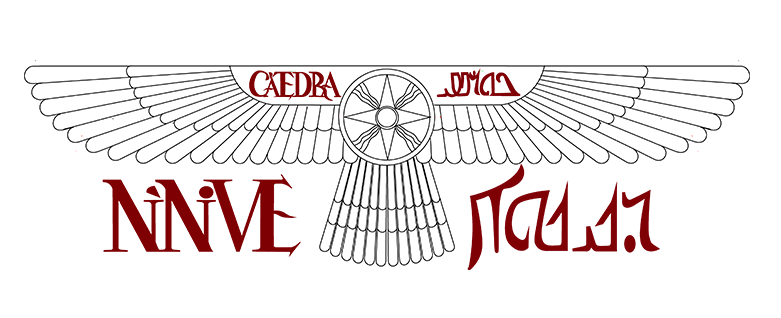The University of Salamanca, which was founded in 1218, has been creating over the years Extraordinary Academic Chairs (Domingo de Soto, Venezuela, Martín Granizo, Larramendi, Sicilia, Chile, Argentina etc.) that assume a relevant role in the transmission of a specific knowledge concerning an important figure or a culture.
On the other hand, it has also been an important objective of the University and the city of Salamanca – with its local and provincial institutions – to offer their spaces in order to welcome other cultures and spread their knowledge among the university community and the social environment.
